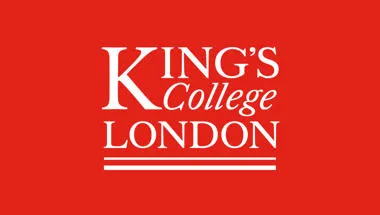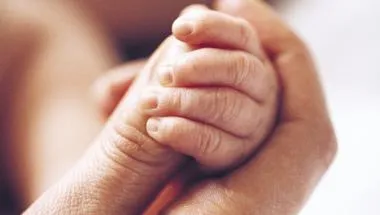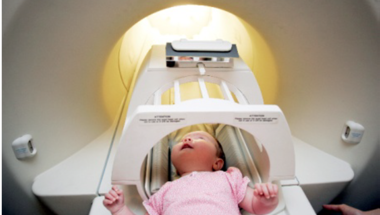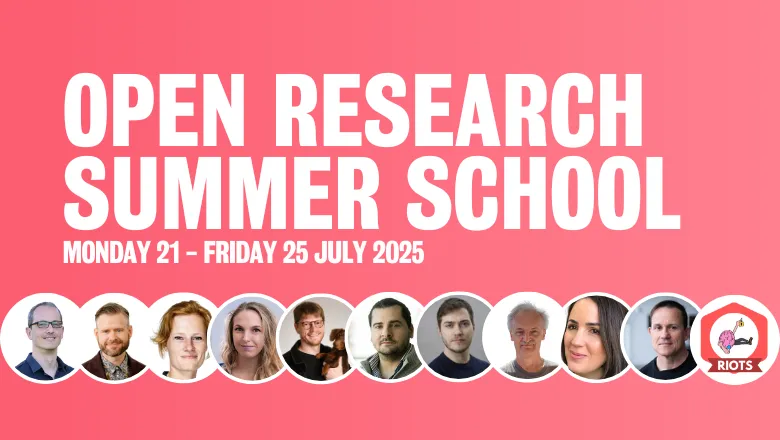
Dr Alexandra Lautarescu
Postdoctoral Research Associate
Biography
Dr Alexandra Lautarescu joined King’s in 2016 as a Research Assistant in the Social, Genetic & Developmental Psychiatry Centre. She then completed an MRC funded PhD in Developmental Neuroscience in the department of Perinatal Imaging and Health, as part of the developing Human Connectome Project team. During her PhD, Dr Lautarescu investigated the association between maternal prenatal stress and neonatal brain development, with a focus on diffusion MRI. Previously, she obtained an MPhil in Psychiatry from Cambridge and a BSc(Hons) in Psychology from Exeter.
Following her PhD, she joined the AIMS-2-TRIALS team as a postdoctoral researcher, leading the launch of the European Autism GEnomics Registry (EAGER) and contributing to the coordination of the consortium’s clinical trials network and sustainability strategy. She obtained seed funding to start the Wellbeing Across Neurotypes: Depression and Anxiety (WANDA) study, which focuses on risk and resilience factors associated with perinatal mental health. In her current role as part of the AIMS-2-TRIALS Brain Imaging in Babies (BIBS) and the Brain Health in Gen2020 teams, she is investigating the development of white matter in infants at increased likelihood of neurodevelopmental conditions and infants exposed to prenatal stress and COVID-19 infection. In addition to her academic interests, Dr Lautarescu specialises in open, reproducible and participatory research practices.
Research interests
- Developmental Origins of Health and Disease (DOHaD)
- Perinatal Mental Health
- Neurodivergence
- Neonatal Diffusion MRI
Expertise and public engagement
- Steering Group member of the RIOT Science Club, a seminar and conference series that raises awareness and provides training in Reproducible, Interpretable, Open, and Transparent science practices.
- Previous Local Network Lead of the UK Reproducibility Network
- Member of the Research & Innovation Committee (RIC) at the IoPPN
- Co-founder of the Open Research Calendar
- Member of the Communications Committee for the Fetal, Infant, and Toddler Neuroimaging Group (FIT’NG)
Research

King’s Open Research Group Initiative (KORGI)
The King’s Open Research Group Initiative (or KORGI) is an action-oriented committee composed of an interdisciplinary mix of senior academics and experienced research staff that seek to change policy and procedures to promote transparent, accessible and reproducible research.

Brain Health in Gen2020
Gen2020 researchers will map the potential impact of prenatal exposures such as Covid-19 on fetal and childhood brain development and outcomes.

Brain Imaging in Babies (BIBS)
The Brain Imaging in Babies Study (BIBS) aims to improve understanding of how a baby's brain develops from before birth up until 3-4 years of age.
Events

Open Research Summer School 2025
Join us for a deep dive into the world of research: academic fraud, scholarly communication, questionable research practices and open research practices.
Please note: this event has passed.
Research

King’s Open Research Group Initiative (KORGI)
The King’s Open Research Group Initiative (or KORGI) is an action-oriented committee composed of an interdisciplinary mix of senior academics and experienced research staff that seek to change policy and procedures to promote transparent, accessible and reproducible research.

Brain Health in Gen2020
Gen2020 researchers will map the potential impact of prenatal exposures such as Covid-19 on fetal and childhood brain development and outcomes.

Brain Imaging in Babies (BIBS)
The Brain Imaging in Babies Study (BIBS) aims to improve understanding of how a baby's brain develops from before birth up until 3-4 years of age.
Events

Open Research Summer School 2025
Join us for a deep dive into the world of research: academic fraud, scholarly communication, questionable research practices and open research practices.
Please note: this event has passed.
